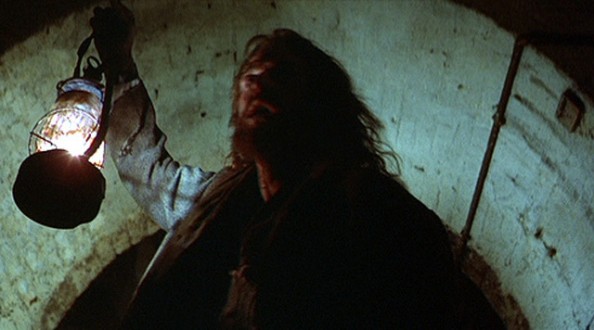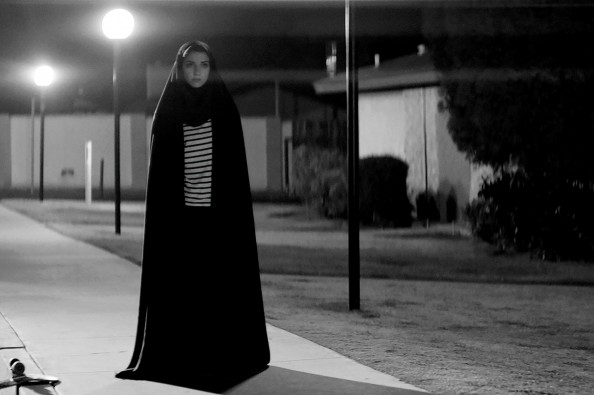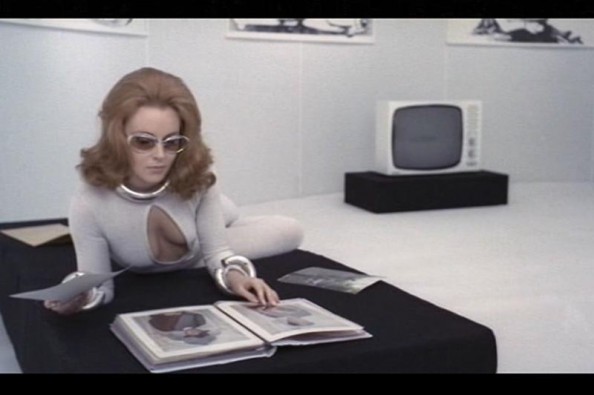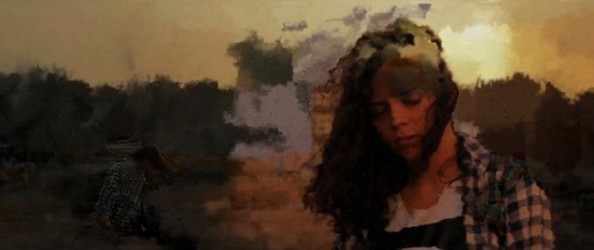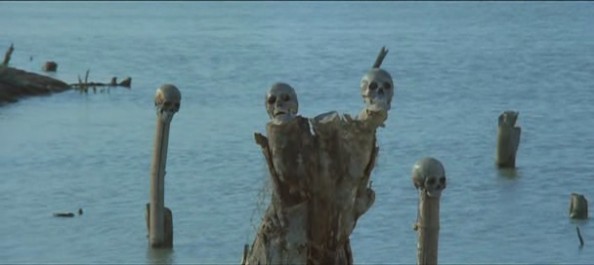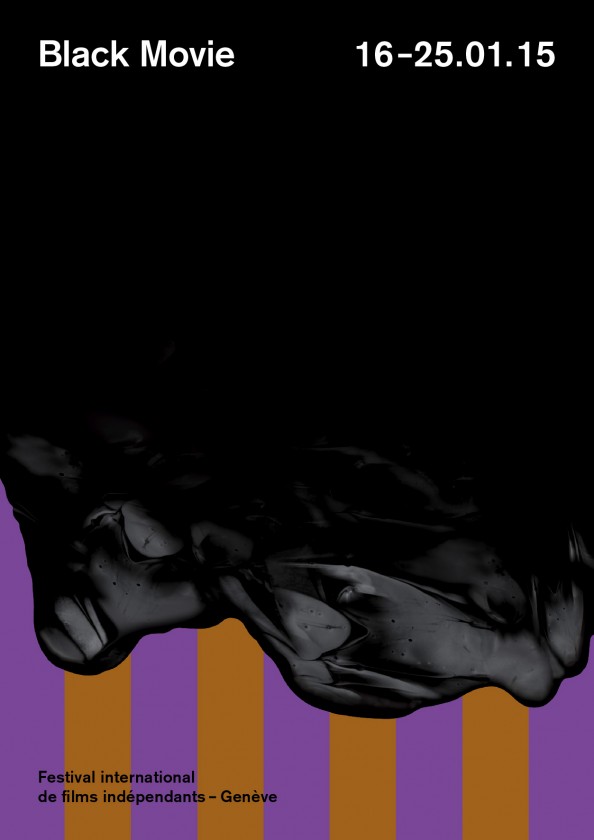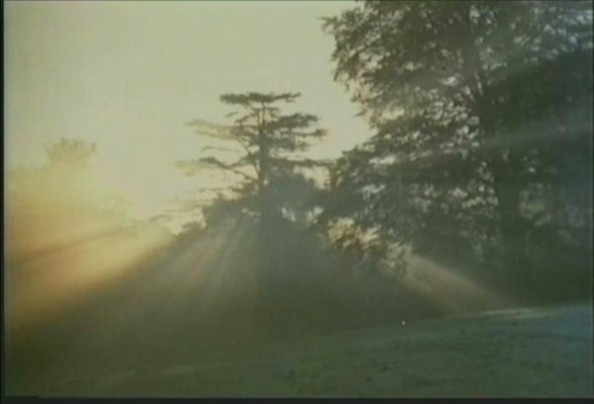
Miskatonic Institute of Horror Studies – London
Instructor: Jasper Sharp
Date: 14 May 2015
Time: 7-10pm
Venue: Horse Hospital
Address: Colonnade, Bloomsbury, London WC1N 1JD
Prices: £10 advance / £8 concs / £11 on the door
Miskatonic website
‘There is magic all around us’, Udo Kier famously states at a key point in Dario Argento’s Suspiria (1977), a sentiment reiterated by one of the characters in Richard Stanley’s Dust Devil (1992), which sees its protagonists drawn out of their mundane suburban environment in small-town South Africa into the heart of the Namib desert to be confronted by their darkest demons.
Stanley’s film in particular presents a sublime example of how landscape and elemental conditions can be evoked to express dangerous forces existing beyond man’s perceptual and belief systems, but also, in contrast, how heightened psychological states can be given visual form through use of such timeless spaces, taking the viewer out of their comfort zones and back into nature at its most wild, mysterious and untamed.
In an ever-urbanising world, the textures, rhythms and sounds of nature can be made to seem increasingly alien and alienating on film, making us realize we are but a small part of a wider world beyond our control. Works ranging from Kaneto Shindo’s Onibaba (1964) through José Larraz’s Symptoms (1974) and Jerzy Skolimowski’s The Shout (1978) reframe our perceptions, interrogating the boundaries between the physiological and the supernatural, as interior worlds collapse beneath the weight of exterior ones.
This lecture and screening by Jasper Sharp will look at how such mysterious invisible forces of nature are given vent in a number of films depicting the rupture between these rational and irrational domains. It will explore how pantheistic belief systems that hold that spirits reside in everything, such as Japan’s Shinto religion, overlap with a British folk tradition of supernatural writers such as Arthur Machen and William Hope Hodgson, and how foreign directors often have a keener, more nuanced eye for the expressive potential of the English landscape to portray characters off-kilter with their environment.
About the instructor:
Jasper Sharp is a writer, curator and filmmaker. He is the co-founder of Midnight Eye.com, since 2001 the premier online resource in the English-language about Japanese cinema. His book publications include The Midnight Eye Guide to New Japanese Film (Stone Bridge, 2003), joint-written with Tom Mes, Behind the Pink Curtain (FAB Press, 2008) and The Historical Dictionary of Japanese Film (Scarecrow 2011). His writing has appeared in publications all over the world, including Sight & Sound, The Guardian, Variety, The Japan Times, Kateigaho and Film International, and he has contributed liner essays, commentaries and interviews to numerous DVD releases. He has curated high profile seasons and retrospectives with organisations including the British Film Institute, Deutches Filmmuseum, Austin Fantastic Fest, Cinematheque Quebecois and Thessaloniki International Film Festival. Between 2010-14, he was the director of Zipangu Fest, established to showcase Japanese independent film in the United Kingdom, and is currently the programme director of Asia House Pan-Asian Film Festival. He is the co-director, with Tim Grabham, of The Creeping Garden (2014), a documentary about slime moulds and the people who study and work with them, which won the Best Documentary Filmmakers Award at Fantastic Fest in Austin. A book of the film, The Creeping Garden: Irrational Encounters with Plasmodial Slime Moulds, is due for publication by Alchimia in the Spring of 2015.
About the Miskatonic Institute:
Named for the fictional university in H.P. Lovecraft’s literary mythos, The Miskatonic Institute of Horror Studies is a non-profit, community-based organization that started in Canada, founded by Kier-La Janisse in March of 2010. The school currently has branches in Montreal and London, with Miskatonic London operating under the co-direction of Kier-La Janisse and Electric Sheep Founder/Editor Virginie Sélavy.
All classes take place at the historic Horse Hospital, the heart of the city’s underground culture. Individual class tickets are £10 advance / £11 on the door / £8 concessions and will be available 30 days in advance of each class.
The final course date is 11 June. For the full details of the course please check the Miskatonic website. For all enquiries, please email Miskatonic.london[at]gmail.com.

